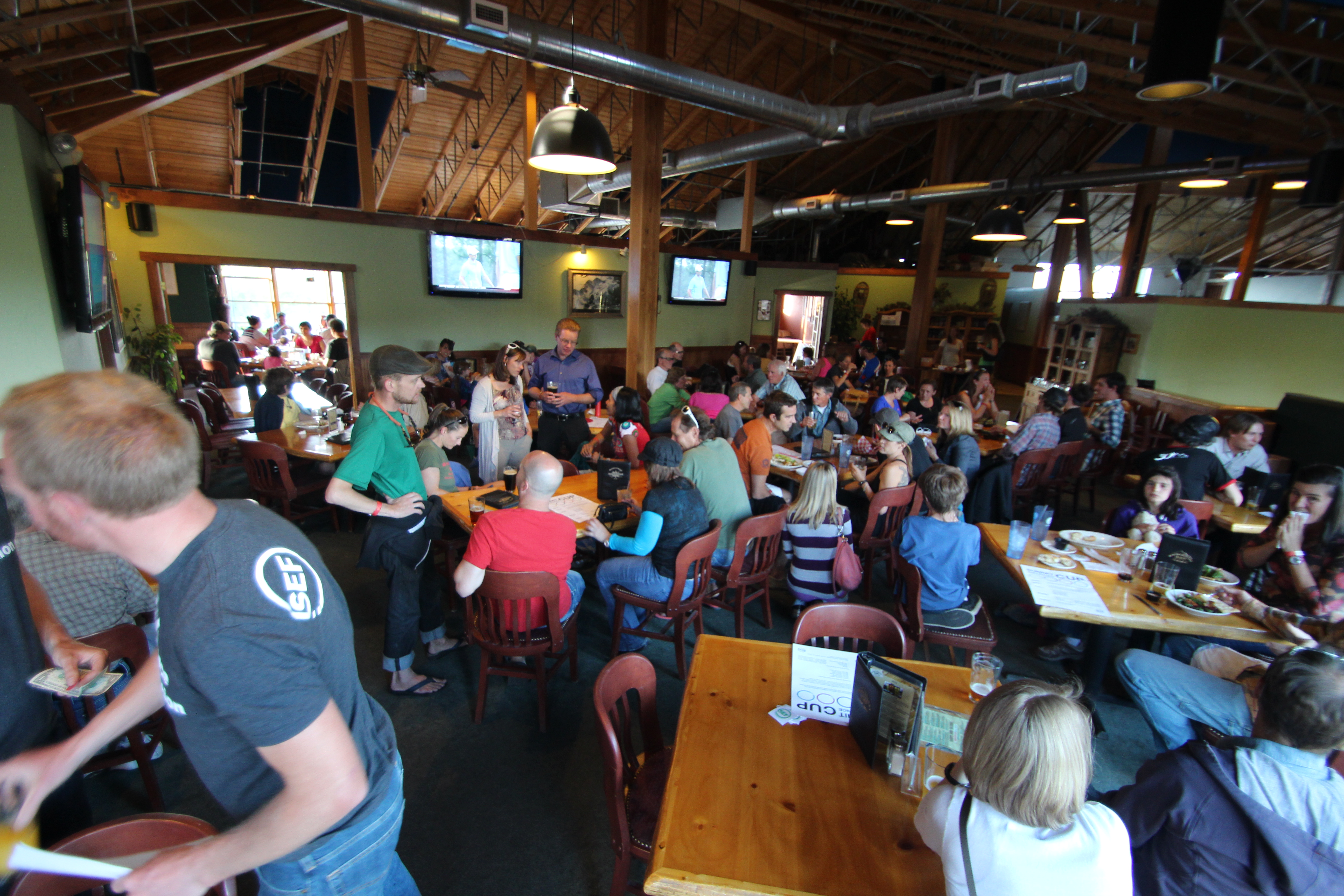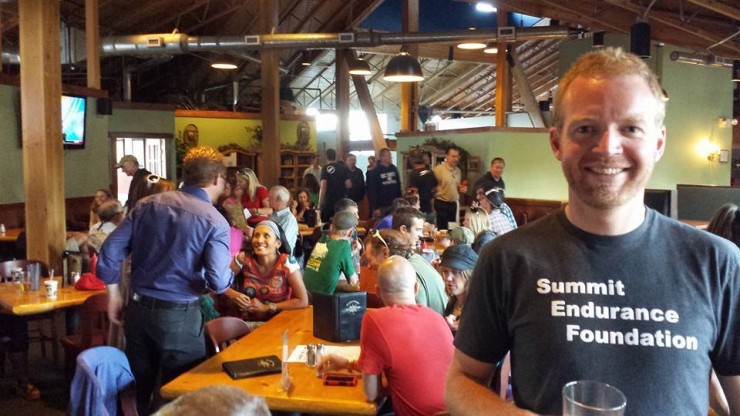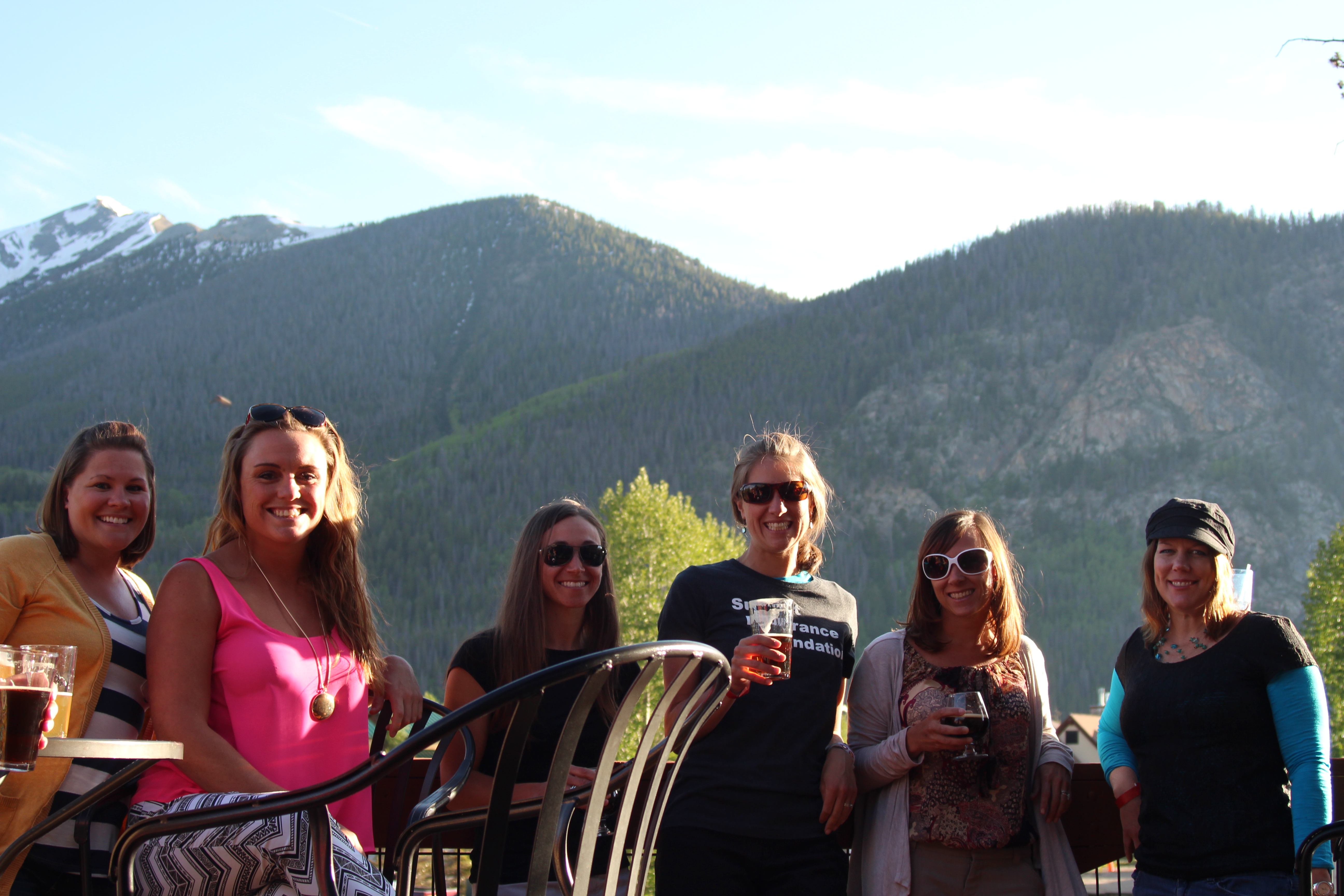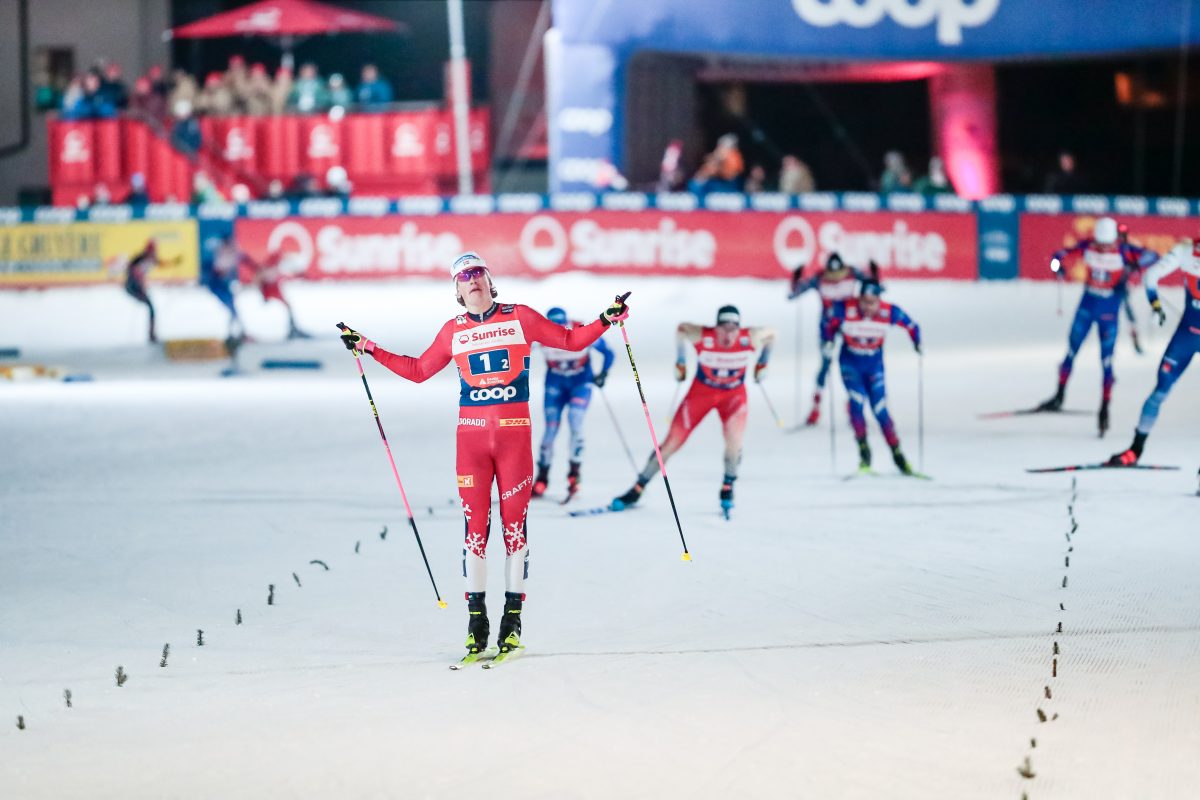
The story is one known all too well. A friend, a relative, an acquaintance who is interested in joining the nordic-ski community becomes daunted by the costs of training, equipment, travel and racing and thus is forced to stop pursuing the sport.
It’s a problem that plagues ski clubs across the country. The costs not only impact an individuals ability to engage in the sport, but also inhibit the growth and development of cross country skiing at a national level. Even with aggressive fundraising by local organizations and some funding from the U.S. Ski and Snowboard Association (USSA), the support is often not enough.
What if it didn’t have to be that way?
The Summit Endurance Foundation is attempting to answer this question by entering uncharted territory. Led by Executive Director Joe Howdyshell, former head coach of the Summit Nordic Ski Club in Summit County, Colo., the organization is making an effort to not only financially support young cross country skiers, but also other youth endurance athletes such as runners and bikers. The new and innovative strategy was one that Howdyshell developed as he saw the need grow in his community.
An endurance athlete since the age of 14, Howdyshell participated in cross country skiing and running both in high school and in college at West Point Military Academy and the University of Wyoming. For the last four years, he has been the head coach and program director of Summit Nordic.
During his time as a coach, he noticed a trend amongst his youth athletes. “I kept seeing athletes either missing opportunities or being held back because of a lack of funding, or not even getting into the sport at all because their families couldn’t afford it,” Howdyshell said in a phone interview.
Like many across the country, Howdyshell was frustrated with the trend and decided to look at why there was no support system in place. Through his experience in endurance sports he came to the conclusion that many small clubs, whether focused on running, skiing, or biking, have limited resources to raise enough money to cover the costs of participation, especially when these costs continue to rise.

“I’ve been a part of several organizations where the parent volunteers are running the club. They work their butts off to make sure their bases are covered,” he said. “They just can’t possibly hope to have enough time to run an organization or fundraise enough to offer 100% scholarships and get equipment for low income families or to be able to send a small business owner’s kid to junior nationals.”
In order to combat the challenges clubs face when raising money, Howdyshell hatched a plan that involved the creation of a foundation that was not sport specific, but rather focused on fundraising for athletes that had one thing in common: endurance.
“Most places try to bring people together through a winter-sports club, and very few places have brought people together through endurance sports,” Howdyshell explained. “The athletes are more similar. Your summer mountain bikers are going to be much more similar to your winter cross country skiers. We think of it as trying to build a community of people who like to breath hard.”
While a small group of organizations, like the Summit Endurance Academy (owned and coached by Howdyshell) or the Bend Endurance Academy in Bend, Ore., have instituted a similar philosophy of creating a community of endurance sports, the emphasis has rarely been on fundraising, Howdyshell said.
The Summit Endurance Foundation aims to build a community of endurance athletes in the mountains of Colorado while also trying to ensure that anyone who wants to train and compete can do so without having to worry about finances.
The Foundation has a three-pronged approach in order to accomplish its goals. By having a full-time fundraiser in Howdyshell, the Foundation can hit a larger geographic area. While many clubs stick to their small communities, the Foundation has the resources to branch out and send Howdyshell to surrounding communities in Colorado and neighboring cities such as Denver.
The second unique aspect of the program offers is its ability to fundraise for a variety of sports that have much in common, rather than a single sport. The Foundation will focus on cross country skiing, distance running, distance biking, and ski mountaineering.
“There are more people who are interested in those sports: there is a bigger pool of donors, a bigger pool of grants, and a bigger pool of supporters in general.”
Finally, by focusing on fundraising the Summit Endurance Foundation can diversify it’s sources of revenue, Howdyshell explained. Traditionally, most clubs rely on a combination of events and grants. With the Foundation, he hopes to see revenue come in from such techniques, but also from corporate sponsorships and big-money investors.
“They [philanthropists] don’t want to give $25 dollars, they want to give $5,000 a year for five years because they believe in the cause,” he said.
By increasing it’s geographical footprint, increasing the fundraising scope by increasing support, and by having a diverse fundraising model the Summit Endurance Foundation believes that it can provide $150,000 in scholarships in the next three years.
Aside from its monetary goals, the Foundation hopes make sure that it can steadily increase participation in endurance programs.

“For the first three years the biggest goal is that no youth-endurance athlete misses an opportunity due to financial limitations. We want to see more kids getting into sports, excelling in these endurance sports. We want to develop the model, because there is not really anyone doing it this way.”
Once the model is developed Howdyshell sees the organization going in several possible directions. One direction would be to extend the scope of the Foundation to encompass the rest of Colorado. Another path the organization could take would be to focus on more athletes in Summit County and become the Summit Sports Foundation.
The need for an organization like the Summit Endurance Foundation highlights what many might consider a weakness in the American nordic-skiing community. With limited support from national organizations like USSA for smaller club programs, many have claimed that the lack of national financial support has made skiing a sport for society’s well-off.
The Summit Endurance Academy’s new financial model may be a future path for local clubs, with endurance sports joining forces to fund their athletes and rallying around their shared values.
“The athletes are different, the parents are different, the values are different [than other sports]. That’s not to say that either one of them is good or bad. They are just different,” Howdyshell said. “In my eyes it makes much more sense to align sports that are going to have the same participants and a lot of the same values through a local endurance foundation.”
Whether or not Howdyshell’s fundraising model will be a success remains to be seen. However, the Foundation has already had a promising start with its first event.
The Summit Endurance Foundation Community Kickoff Party, which took place June 12 in Frisco, Colo., had over 75 attendees and raised over $2,000 for the new organization. Money, however, was not the main goal of the event.
“Most importantly we wanted to develop this core group of supporters that can help us at events, who can talk us up to friends, and who can build our presence through the coming years,” Howdyshell said.
According to Howdyshell, the Summit Endurance Foundation hopes to fund over 200 athletes a year beginning in 2016.
Lander Karath
Lander Karath is FasterSkier's Associate Editor from Bozeman, Montana and a Bridger Ski Foundation alumnus. Between his studies at Middlebury College in Vermont, he is an outdoor enthusiast and a political junkie.



